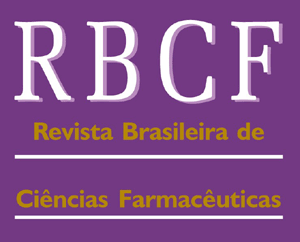Toxicity assessment is the process of predicting the adverse effects that may be caused to an organism by exposuring it to a given chemical and, for regulation purposes, the most used model in toxicity testing is the animal. However, in today's society the use of animals has become a subject of much public health due to the large number of animals used as well as the pain and distress caused, mainly related to acute toxicity testing. The concept of the "Three Rs" - reduction, refinement, and replacement of animal use - emerged as a mean of removing inhumanity from animal experimentation and aiming to lower the number of animals used, in order to decrease the incidence or severity of inhumane procedures and to find alternative procedures to replace in vivo testing. Many alternative toxicological tests have already been implemented, even knowing that this process is very complex and need to be extensively validated and accepted by regulatory bodies. This paper presents an overview on several aspects of the "Three Rs", including historical evolution and implementation and validation of alternative methods, emphasizing its application on toxicity testing and in global harmonization.
Three Rs Program; Alternative methods; Experimental animals; Toxicity testing





